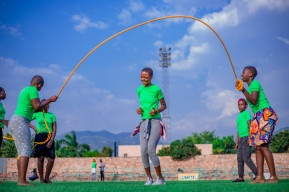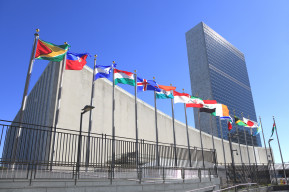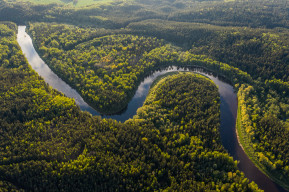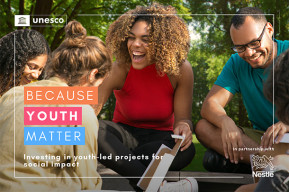News
Indigenous Peoples and Water: Joint commitments to transforming water governance, climate adaptation and biodiversity: Indigenous Peoples, Member States and the UN System
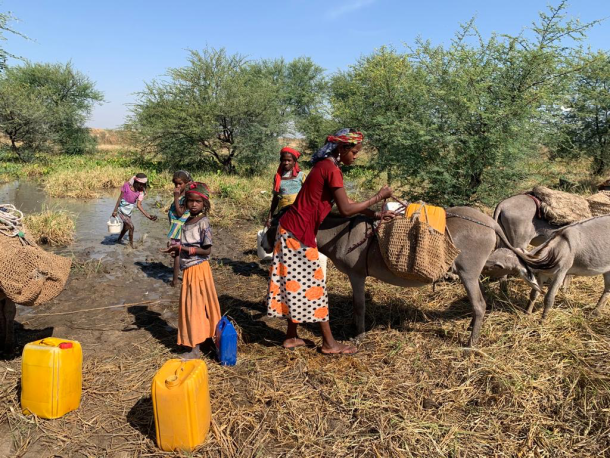
Indigenous Peoples have been managing and governing water resources since time immemorial, from places with abundant water to semi and arid environments, in all global regions. Though there has been some research on indigenous knowledge of water, overall, most of the traditional and contemporary efforts, values, capacity and commitments remain undocumented or little known to decision-makers and scientists.
Through a series of diverse regional case studies, the side event aims to outline current practices and a road map for new approaches and new commitments to an inclusive, rights based and multiple evidence approach to water management and governance, with special attention to sustaining biodiversity, food systems and addressing climate changes.
The side event demonstrates how Indigenous Peoples engagement in water policy helps respond to climate change and sustaining biodiversity in the context of the new Kunming-Montreal Global Biodiversity Framework and the Paris Agreement on climate change, as well as pertinent UN Decades, including the UN Decade of Ocean Science for Sustainable Development, which is coordinated by Intergovernmental Oceanographic Commission of UNESCO and has a focus on Indigenous knowledge as a key driver of locally relevant sustainable development solutions.
This session is organized during the United Nations 2023 Water Conference.
Interpretation will be provided in English, French and Spanish



